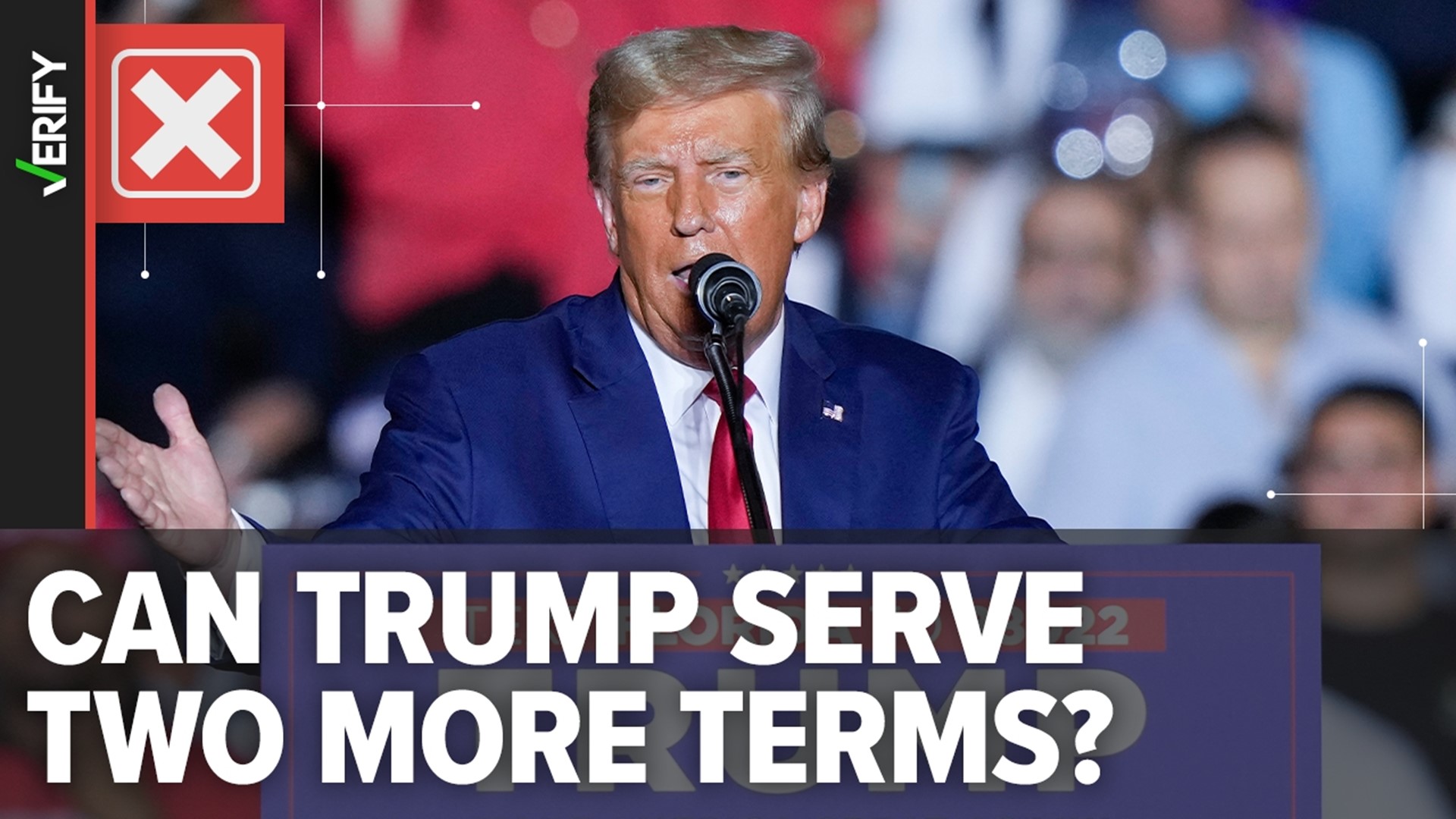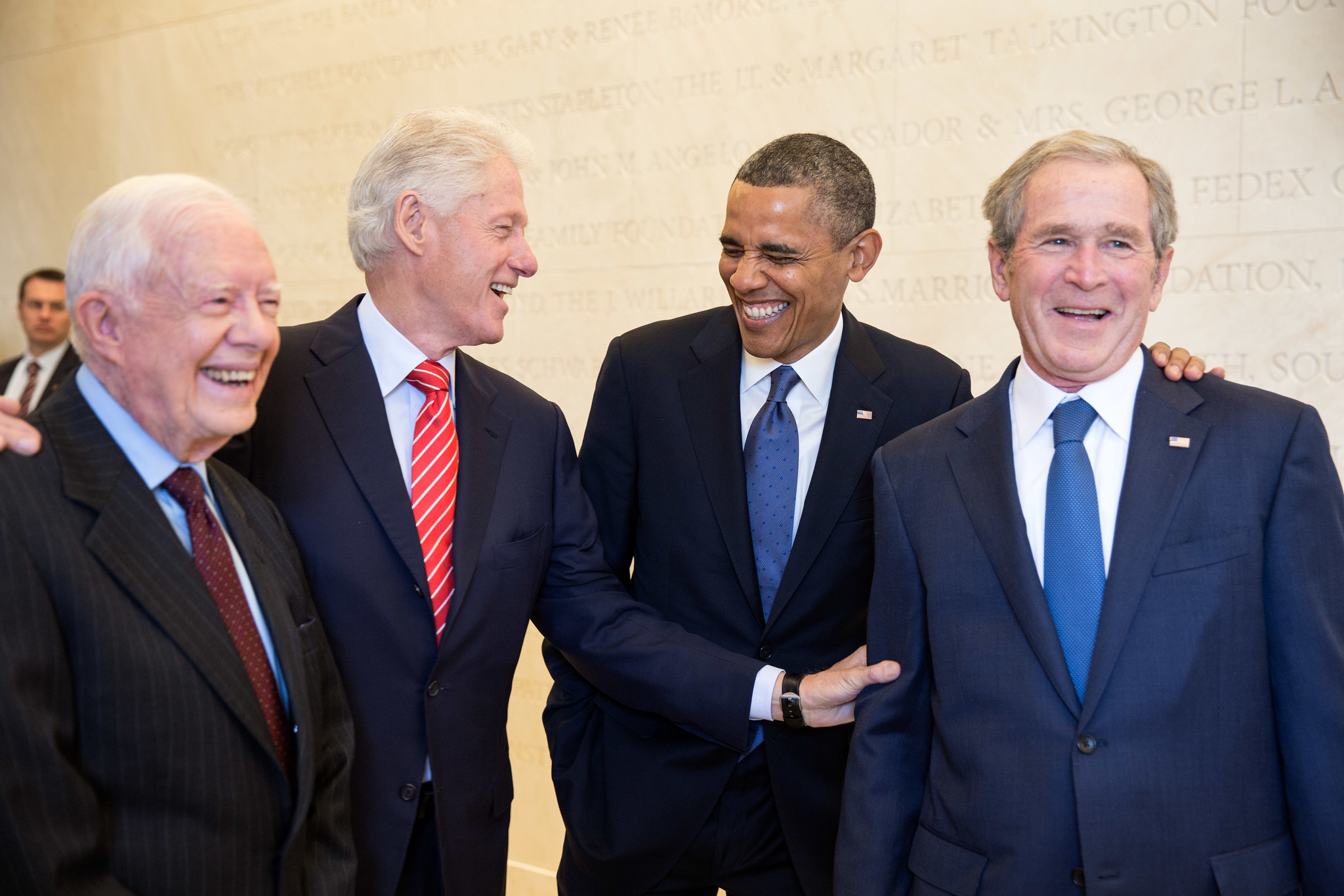Can a nation's leader cling to power even as the drums of war beat and the bombs begin to fall? The answer, despite the chaos and uncertainty of armed conflict, is a resolute no; the United States Constitution firmly dictates the end of a presidential term, regardless of any wartime circumstances. This seemingly simple question opens a complex debate about the very foundations of American governance during times of crisis, touching on constitutional limitations, historical precedents, and the enduring principles of democracy.
The question of whether a president can remain in office during a declared war, or if an election must occur as normal, touches upon fundamental principles of American democracy and the constitutional framework. It's a matter of leadership continuity, particularly when the nation's survival is at stake. The U.S. Constitution, the supreme law of the land, outlines specific rules regarding presidential terms and the transfer of power. The document's clarity on this matter is essential for stability and the prevention of tyranny, even in the face of extraordinary challenges.
| Aspect | Details |
|---|---|
| Constitutional Mandate | Article II, Section 1 of the U.S. Constitution dictates that a president's term of office is four years. The 20th Amendment further clarifies the transition of power, setting the date for the inauguration of a new president as noon on January 20th. |
| Term Limits | The 22nd Amendment limits a president to two terms in office, or a maximum of ten years if they assumed the presidency due to a predecessor's death or resignation. |
| War Powers and Term Extensions | While the President is granted considerable authority as Commander-in-Chief during wartime, there is no provision within the Constitution or any federal law that allows for the extension of a presidential term due to war or national emergencies. The War Powers Resolution, while providing a framework for presidential military actions, also does not address term limits. |
| Impeachment during Wartime | The Constitution allows for the impeachment of a president for "Treason, Bribery, or other high Crimes and Misdemeanors," even during wartime. The impeachment process, defined in Articles I and II, remains a check on presidential power regardless of the circumstances. |
| Martial Law and Term Limits | Martial law, where the military takes temporary control over civilian governance, may be declared during emergencies. Even during martial law, the Constitution's limitations on presidential terms remain in effect. |
| Historical Precedent | Throughout American history, presidents have adhered to the constitutional term limits, even during major conflicts such as World War II, the Vietnam War, and the War of 1812. President James Madison declared war in 1812 but did not attempt to extend his term. |
| Checks and Balances | The system of checks and balances, a core feature of the U.S. government, reinforces that presidential power is limited. The legislative and judicial branches provide oversight and accountability, preventing any one branch from becoming too powerful. |
| Congressional Oversight | Congress plays a critical role during wartime, including its power to declare war, fund military operations, and oversee the president's actions. This oversight is intended to prevent overreach. |
| Constitutional Framework | The Constitution explicitly states that the president and vice president shall hold office for a term of four years. Article II of the U.S. Constitution defines a presidential term as four years, and literally not a minute more. |
| Important Note | While Article II, Section 2 provides the president with narrow powers, none of them include changing the timing of the general election. |
| Reference Website | The U.S. Constitution |
Historically, the presidency has often been a beacon of continuity, ensuring that executive powers remain robust and decisive. The president's ability to lead and make decisions during times of conflict is critical to national security. However, the founders of the United States understood the dangers of unchecked power, especially during times of war. They deliberately crafted a system of government with built-in limitations on executive authority, including the fixed term of office. The framers of the Constitution were deeply wary of authoritarian tendencies and sought to prevent the concentration of power in any single individual, even in times of crisis.
- Frankie Muniz The Journey Of A Child Star And His 17 Children
- George Clooneys Children A Deep Dive Into Family Life
The short answer, therefore, is unequivocal: a president cannot stay in office beyond their constitutionally mandated term, even if martial law is declared. Martial law grants the military temporary authority over civilian governance during emergencies, but the U.S. Constitution limits presidential power and terms. The question of whether a president can remain in office during a declared war, or if an election must occur as normal, touches upon fundamental principles of American democracy and the constitutional framework.
The implications of this constitutional framework are profound. It underscores the idea that even in the face of war, the rule of law must prevail. It reaffirms the commitment to democratic processes, including the right of the people to choose their leaders through free and fair elections, and protects against potential abuse of power.
While the president has the authority to remain in power during a time of war, including a world war, that power is not unlimited. The Constitution grants the president certain powers during times of national crisis, but those powers are always constrained by the fundamental principles of the Constitution itself. Federal law detailing presidential war powers does not discuss term extensions in the case of war.
- Who Is The Father Of Spencer James In All American
- Andrea Bocelli Morto A Comprehensive Look At The Life And Legacy Of The Beloved Tenor
Furthermore, it is crucial to remember that the president can be impeached during a war. Looking at the Constitution, there are several places where impeachment and war are mentioned (impeachment in Article 1, Sections 2 and 3, Article 2, Sections 2 and 4, and in Article 3, Section 2; War in Article 1, Section 8 and Article 2, Section 2). This underscores that even during times of war, no president is above the law.
The president says he can direct limited military operations without lawmakers approval, highlighting the complex interplay of power and responsibility. The War Powers Resolution (WPR) doesn't explicitly prohibit the president from extending his term during war, but it does emphasize the importance of congressional oversight and approval. This delicate balance between executive action and legislative oversight is a hallmark of the American system.
The question of presidential term limits during wartime also considers the concept of checks and balances. The judiciary branch can review executive actions, and the legislative branch can impeach the president or pass laws that constrain presidential authority. These checks and balances ensure that the government remains accountable and that no single branch of government can amass too much power.
In times of war, the question of leadership stability becomes paramount. Yet, the American system places a greater emphasis on upholding constitutional principles, even if it means a transition of power during a time of conflict. While it's true that the presidency provides continuity, the framework prioritizes a regular transfer of power through elections, even under difficult circumstances.
The case of President James Madison during the War of 1812 serves as a precedent. Madison declared war against the British Empire in 1812, yet he did not attempt to extend his term, thus demonstrating the importance of adherence to constitutional law. The United States has confronted major conflicts, including the Civil War, World War I, World War II, the Korean War, the Vietnam War, and many other conflicts, but has always maintained its commitment to constitutional term limits.
The debate about presidential power during wartime has been ongoing throughout American history, yet the commitment to term limits has remained steadfast. The Constitution is designed to protect the nation from both external and internal threats, even if it means facing difficult transitions of power. The question of whether a president can remain in office during a declared war brings into focus the core values that underpin American democracy.
- Jason Momoa A Look At His Career And Impact In 2024 And Beyond
- Exploring The Life And Career Of Robert De Niro A Hollywood Icon


